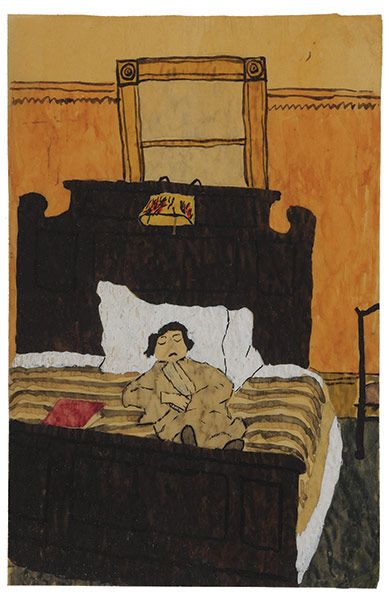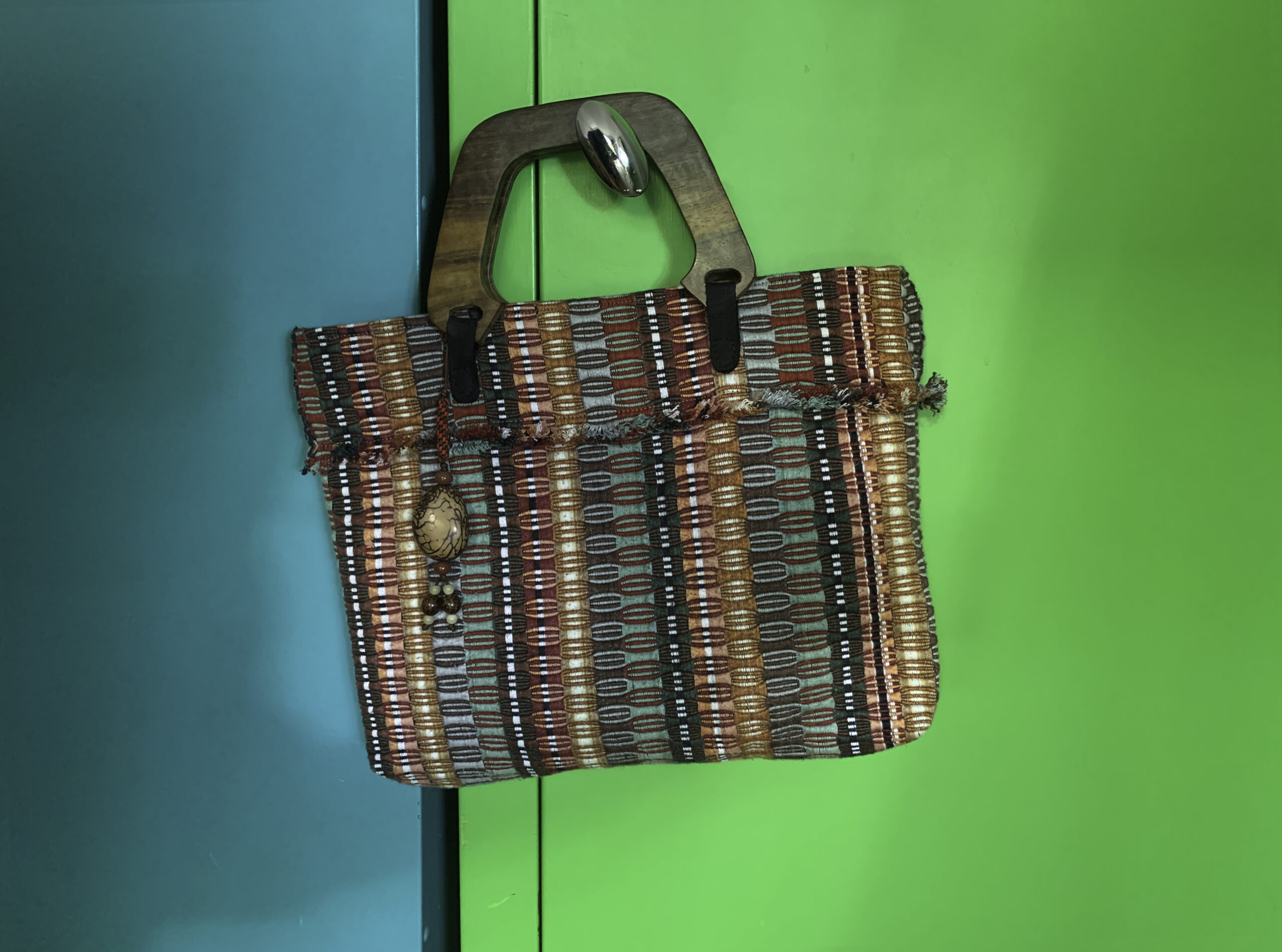I was recently asked to think about a poem I had read that felt to me as though it spoke to the current climate that we are living through. The climate of a virus, of living through a pandemic. For a while, it felt like every poem I read might have spoken to the crisis, reading as we do what is around us into the work that has been written before. I initially looked to the poets who merged scientific language with lyricism for a kind of melding of the rational and emotional (how else are we to process the onslaught of data?), poets like Mei-mei Berssenbrugge or Rae Armantrout. I also looked to those who specialised in apocryphal visions, like Blake or Coleridge, when thinking more fantastically about conceptions of the end of the world. I re-read Rachel Carson’s A Silent Spring, feeling an affinity with the feeling that the fabric of the world was disintegrating, like a piece of paper singeing at the edges, curling up, threatening to be gone. My social media, the articles I had been reading and the talk between myself and friends has repeatedly thrown up the same recommendations, making visible some cultural touchstones that we seem all to be looking to. Boccaccio’s Decameron, where a group of prosperous men and women leave plague-ridden Florence for a rural villa. Daniel Defoe’s A Journal of the Plague Year, the supposed eye-witness of one man during the bubonic plague in 1665. Albert Camus’s The Plague, an account of an epidemic as allegory for Nazi rule.
After a while though, it begins to feel almost inappropriate to mention these same books. To liken the injustices and particularities of this pandemic moment to those that have their own particulars and are long past. Or, it gives the same frustrating and hopeless feeling that can accompany reading books about climate crisis. That difficult feeling of being powerless, not being able to be anything but a spectator to an inconceivable, nightmarish shift in the world.
The poem I read, that I found solace in most, that I kept re-reading, surprised me. Elizabeth Bishop’s poem ‘Argument’ from her second collection, A Cold Spring, is a small lyric of slight domestic unrest. But also, distance.
‘Days that cannot bring you near,
or will not,
distance trying to appear
something more than obstinate.’
Although this small opening to the poem is followed with the determined line, ‘argue, argue, argue with me, endlessly’, I was struck by how closely I aligned my situation – and the situation of others – with this section. Most everyone in lockdown is now separated from someone they love – someone they have probably, familiarly and without consequence, argued with. Bishop’s domestic continues, with the slight and comfortable discomfort you can only have with people who you truly love and who truly love you:
‘Days: and think
of all those cluttered instruments,
one to a fact,
cancelling each other’s experience;
how they were
like some hideous calendar’
The poem ends with a striking relevance, ‘Days and distance arrayed again, and gone, both for good and from the gentle battleground’. It is an incredible thing to feel a poem’s centre shift, because of shifting context. The argument in this poem used to feel bad to me. Now, having not seen my family or closest friends for months, and with no way of knowing when I will see them again, the soft landscape of bickering feels like a home. Nearness and farness are perhaps abstract in Bishop’s poetic intention, but are made solid by the current pandemic. The line, ‘argue, argue, argue endlessly with me’ used to make me feel tired. It now feels like the stuff of life: love and closeness.
– Rachael Allen, May 2020
Rachael Allen’s first collection of poems, Kingdomland, is published by Faber & Faber. She is the co-author of a number of collaborative artists’ books, including Nights of Poor Sleep with Marie Jacotey, and Almost One. Say Again! with JocJonJosch. She writes for ArtReview, TANK magazine and Music & Literature and is the poetry editor for Granta magazine and Granta Books. She is currently a Burgess Fellow at The University of Manchester.
Rachael grew up in Cornwall. She has read at CAST on several occasions, most recently in February 2020.
Excerpts from ‘Argument’ from POEMS by Elizabeth Bishop. Copyright © 2011 by The Alice H. Methfessel Trust. Publisher’s Note and compilation copyright © 2011 by Farrar, Straus and Giroux. Reprinted by permission of Farrar, Straus and Giroux.


